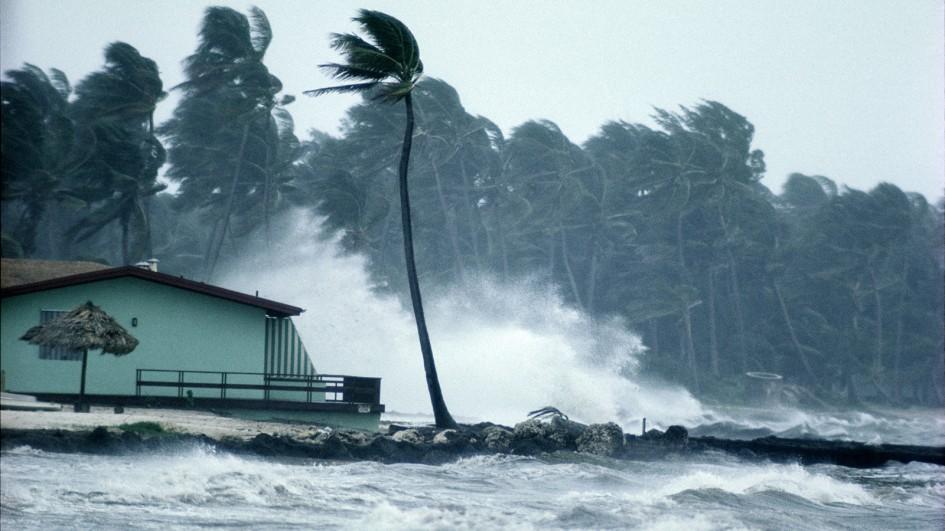 Hurricane season is a time when many living on coastal cities and states are aware of the potential risks like hurricanes. But in case you are new to these beautiful areas of the country and need help on getting prepared for hurricane season, we have some tips for you. According to FEMA (Federal Emergency Management Agency) , getting prepared for a hurricane requires the following steps:
Hurricane season is a time when many living on coastal cities and states are aware of the potential risks like hurricanes. But in case you are new to these beautiful areas of the country and need help on getting prepared for hurricane season, we have some tips for you. According to FEMA (Federal Emergency Management Agency) , getting prepared for a hurricane requires the following steps:
- To begin preparing for hurricane season, you should build an emergency kit and make a family communications plan. These are important in order to clearly identify what you need and how to reach the most important people in your life.
- Learn community hurricane evacuation routes and how to find higher ground. Determine where you would go and how you would get there if you needed to evacuate. Can you drive yourself? Do you need to take a bus? Find schedules and routes to move to you to safety.
- Make plans to secure your property. Lock your doors and windows.
- Cover all of your home’s windows. Permanent storm shutters offer the best protection for windows. A second option is to board up windows with 5/8” marine plywood, cut to fit and ready to install. Tape does not prevent windows from breaking.
- Install straps or additional clips to securely fasten your roof to the frame structure. This will reduce roof damage.
- Be sure trees and shrubs around your home are well trimmed so they are more wind resistant. If you do not trim your trees, they could blow into your windows causing damage to your home with broken glass and rain pouring into the home.
- Clear loose and clogged rain gutters and downspouts to prevent water damage to your walls.
- Reinforce your garage doors; if wind enters a garage it can cause dangerous and expensive structural damage.
- Plan to bring in all outdoor furniture, decorations, garbage cans and anything else that is not tied down. These items like trees can blow into your home or windows and cause drastic home damage.
- If you have a boat, determine how and where to secure your boat. You may want to move it to a protected facility, pull it onto ground if it is small enough or tie it down the best you can.
- Install a generator for emergencies. Generators will help keep power running in your home and at least get you access to news and phones.
- If in a high-rise building, be prepared to take shelter on or below the 10th floor.
FEMA also suggests using social media to get your news and alerts. Using social media will help you stay connected to what is happening in real time and also give you the opportunity to let others know that you are okay without tying up phone lines. When hurricanes hit, FEMA says text 1st
Additionally, take an inventory of all that you own so that you can ensure reaching your insurance provider with accurate data swiftly once the storm has passed. The last thing you want to worry about is having to rummage through materials trying to recall what you own.

